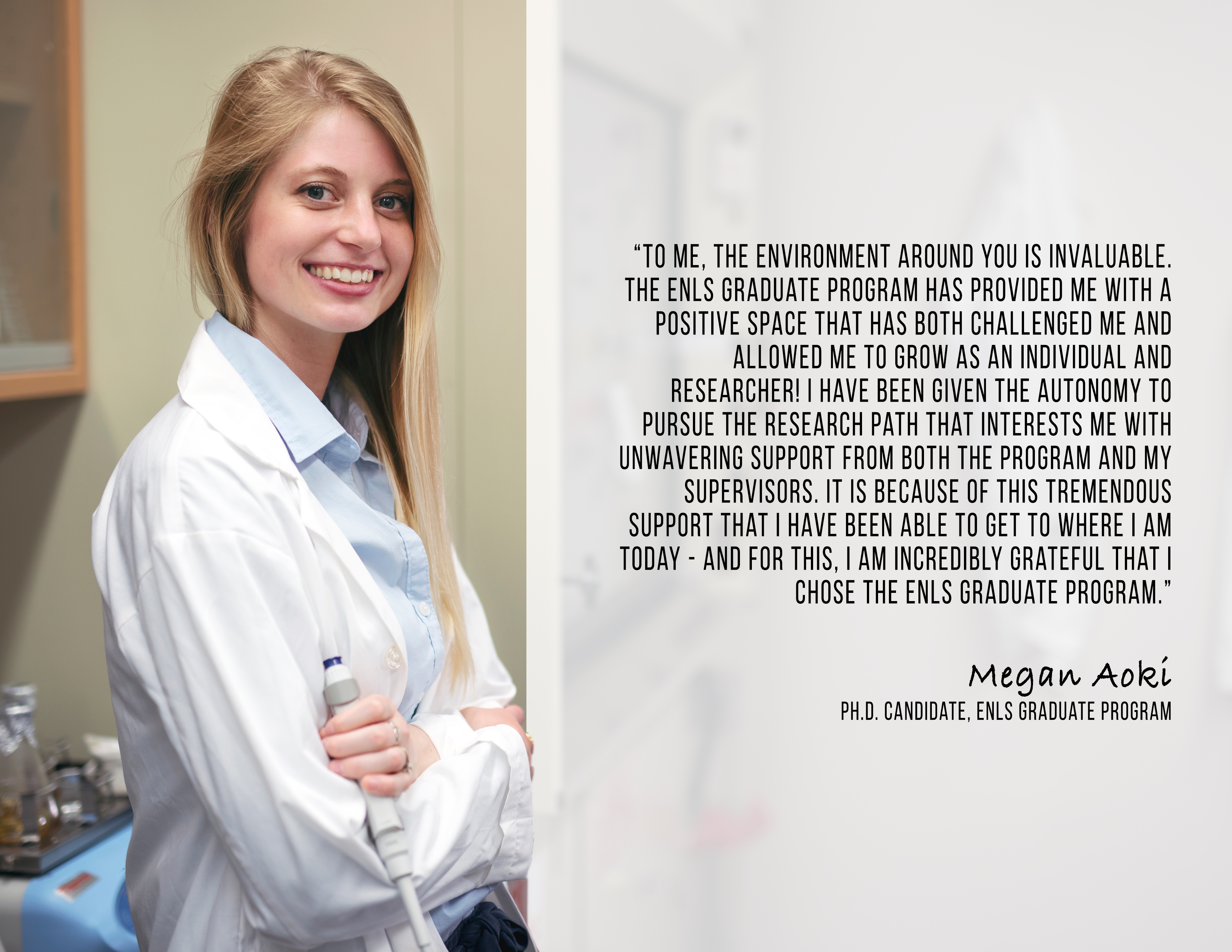Click through the Research Opportunities below to see the exciting positions that are available to incoming students in the Environmental & Life Sciences Graduate Program! You are encouraged to contact the faculty member directly. If you have any questions, please contact enlsgrad@trentu.ca
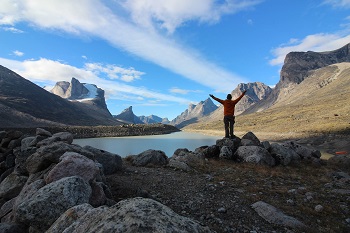
Earth Sciences, Natural Resources, and Agriculture
Click here to view Research Opportunities in this field.
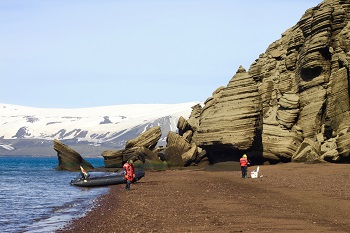
Ecosystem Biogeochemistry and Trace Contaminants
Click here to view Research Opportunities in this field.
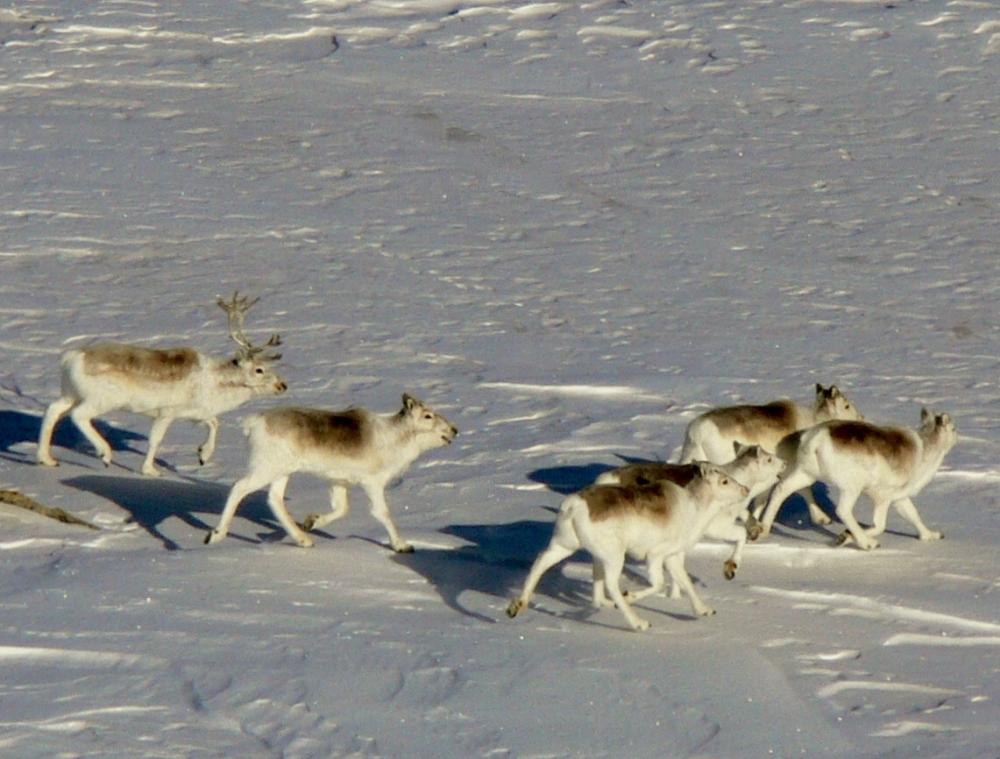
Ecology, Evolution, and Conservation
Click here to view Research Opportunities in this field.
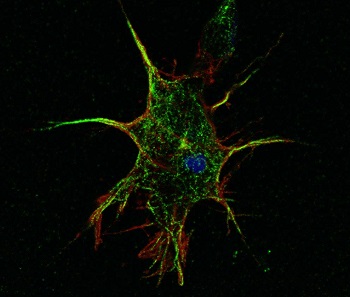
Genes, Cells, and Physiological Systems
Click here to view Research Opportunities in this field.
